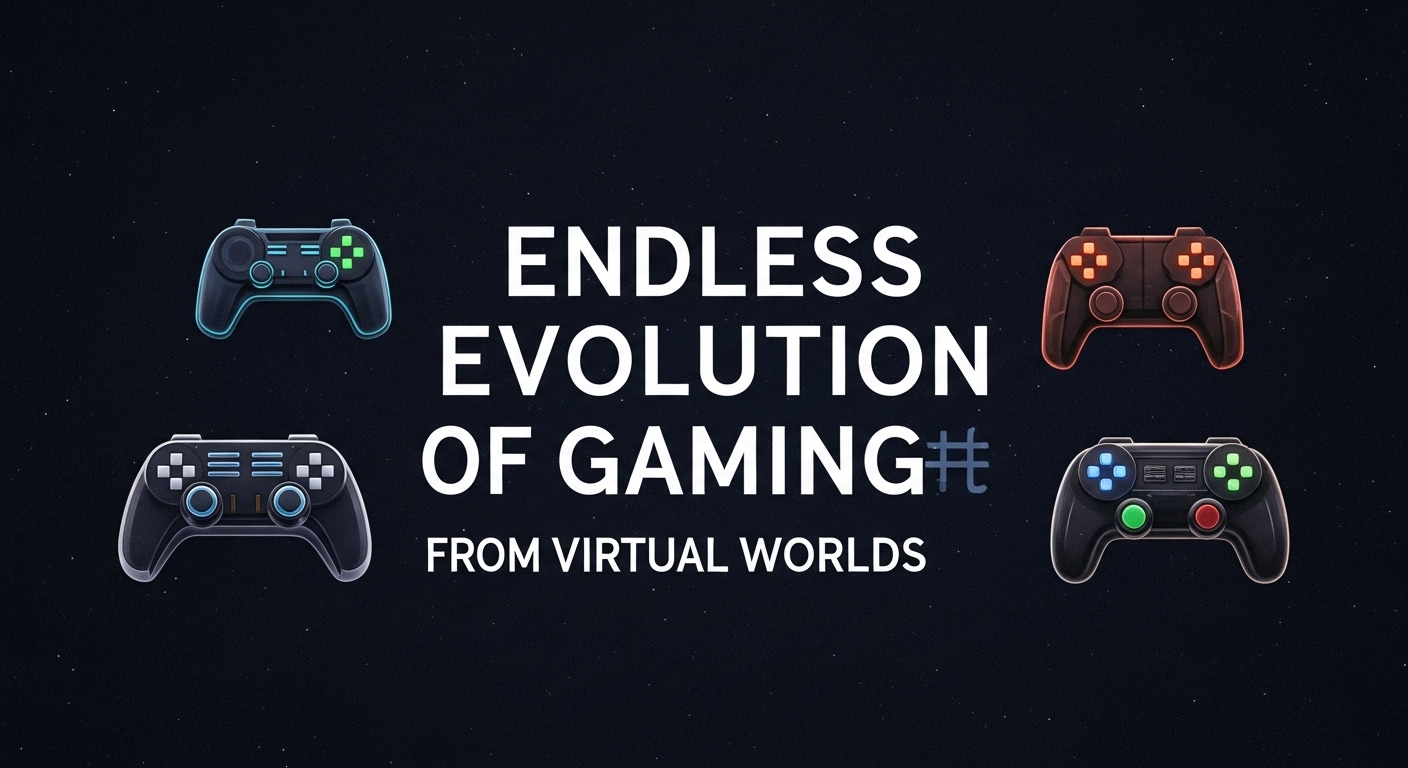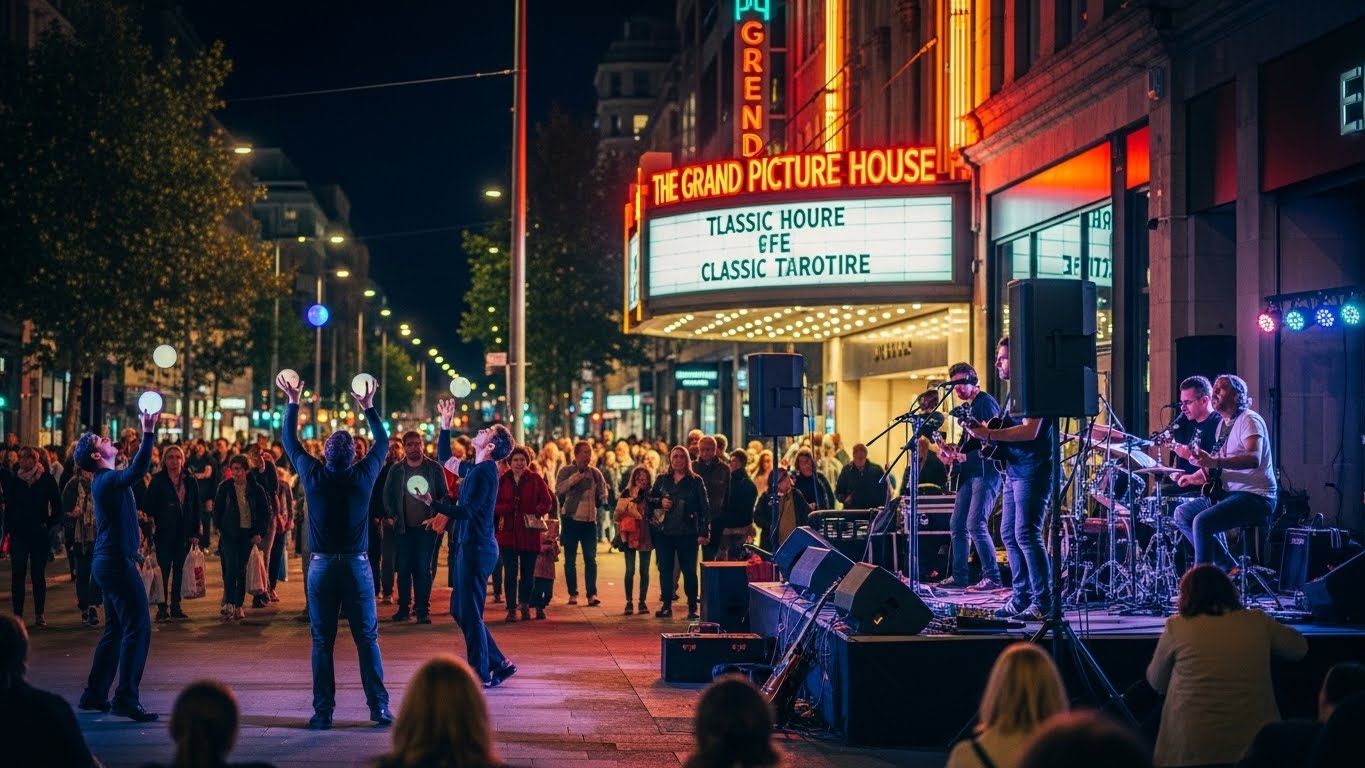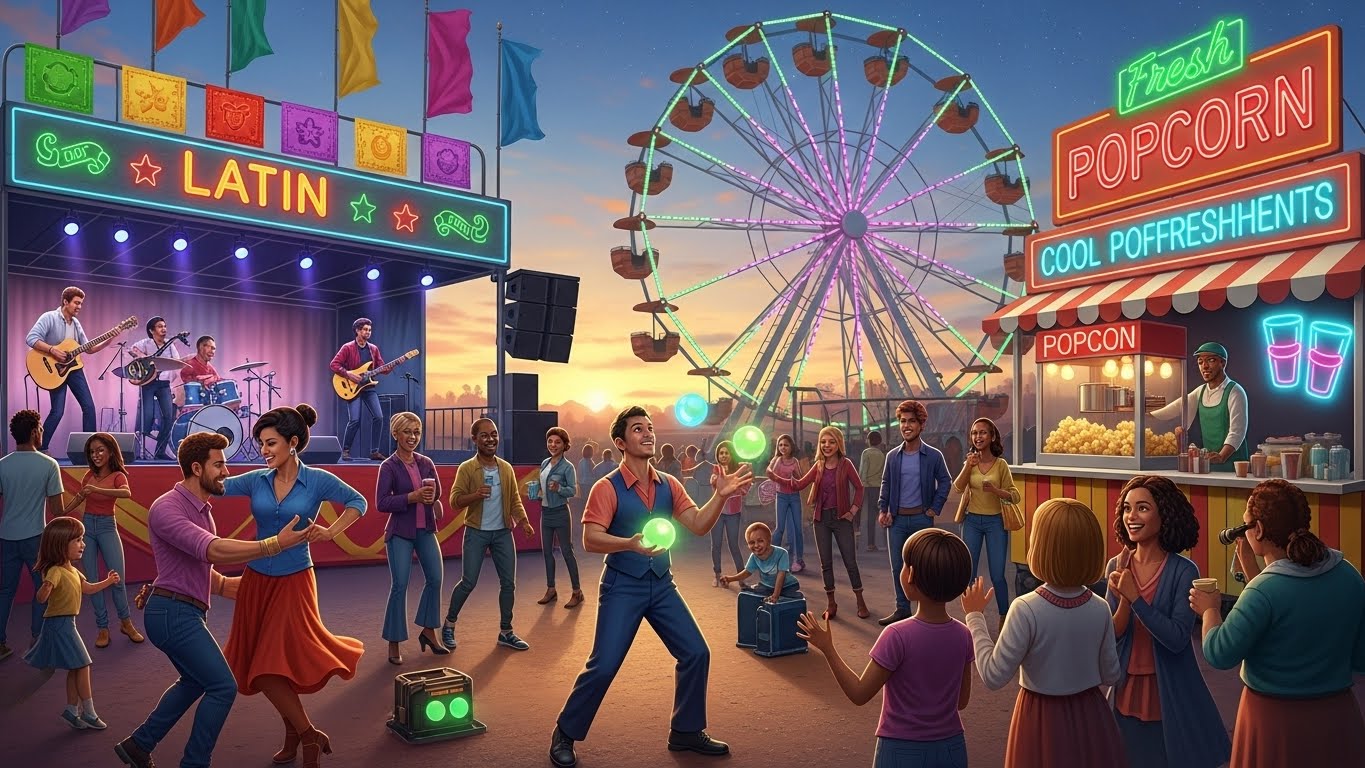Entertainment is one of humanity’s greatest gifts. It brings people together, inspires imagination, and reflects the world we live in. It can make us laugh, cry, think, and dream. From the earliest forms of storytelling to the high-tech marvels of virtual reality, entertainment has evolved into a global force that influences every part of our lives. It is not just about fun or distraction—it is about expression, identity, and connection. Today, entertainment defines cultures, drives industries, and even shapes the way we communicate.
The Deep Roots of Human Entertainment
The history of entertainment stretches back to the very beginning of civilization. Long before screens, microphones, or stadiums, people gathered around fires to tell stories, sing songs, and dance. These were the earliest forms of expression, and they served a purpose beyond enjoyment. Storytelling helped communities understand the world, preserve history, and strengthen social bonds. Music and dance created unity and celebration.
In ancient Egypt, pharaohs enjoyed theatrical performances and live music. The Greeks gave birth to organized theater, where plays explored human emotion, morality, and society. Roman arenas hosted grand spectacles, from chariot races to gladiatorial combat. These events were not only a form of leisure but also a demonstration of power and cultural values. Across Asia, traditional performances like Chinese opera, Indian dance, and Japanese kabuki developed as artistic expressions of faith, myth, and discipline.
The need for entertainment has always been rooted in human nature. It satisfies curiosity, fosters creativity, and helps people cope with the challenges of life. What began as local traditions eventually grew into global industries that now touch billions of lives.
The Rise of Literature and the Power of Words
Before movies and digital screens, the written word was the primary source of imagination and entertainment. The invention of writing changed everything. Ancient civilizations recorded stories on stone tablets and scrolls. Later, with the invention of the printing press in the fifteenth century, books became accessible to ordinary people.
Literature opened up worlds of adventure, romance, and discovery. Authors like William Shakespeare, Jane Austen, and Charles Dickens created timeless works that continue to entertain and educate readers. Novels allowed readers to experience the emotions and lives of others. Unlike live performances, books provided private entertainment—an intimate connection between writer and reader.
Storytelling evolved further through poetry, short stories, and journalism, shaping entertainment into something deeply intellectual and emotional. Even today, despite the dominance of digital media, books remain a cherished form of escape and expression.
The Golden Age of Cinema
The 20th century brought a revolution that changed entertainment forever: the birth of cinema. Motion pictures transformed storytelling into a visual and emotional experience. Silent films like those of Charlie Chaplin and Buster Keaton combined humor with human drama. When sound was introduced, film became a complete art form—blending dialogue, music, and imagery.
Hollywood became the global hub of filmmaking, producing movies that captured the imagination of millions. Films such as Casablanca, Gone with the Wind, and The Wizard of Oz shaped the golden era of cinema. Audiences were transported to new worlds through the magic of moving images. Actors became cultural icons, and directors emerged as visionaries.
As technology advanced, so did the art of filmmaking. Color, special effects, and computer-generated imagery expanded the limits of imagination. The global film industry now produces thousands of movies each year across different genres and languages. Cinema remains one of the most powerful storytelling mediums, capable of influencing emotions, culture, and even politics.
Television: The Family Screen
If cinema brought people to theaters, television brought entertainment home. The introduction of TV in the mid-20th century transformed family life. It became a daily ritual for millions around the world to gather around their screens for news, sitcoms, dramas, and variety shows. Television connected societies, creating shared moments that people could talk about the next day.
Shows like I Love Lucy, The Twilight Zone, and Friends became cultural landmarks. They defined generations, shaped humor, and reflected social change. News broadcasts brought the world into living rooms, making people more aware of global events. Sports broadcasts turned athletes into heroes and transformed local games into international spectacles.
Even as streaming platforms rise, television continues to evolve. Reality shows, documentaries, and live events keep the medium relevant. The power of television lies in its ability to bring people together through collective experiences.
Music: The Universal Language
Music is perhaps the purest form of entertainment. It transcends language, culture, and geography. From tribal drums to symphonies, from vinyl records to digital streaming, music has always been an emotional and unifying force.
Each era has had its musical revolution. Jazz redefined rhythm and freedom. Rock and roll gave voice to rebellion. Pop music became the sound of youth and change. Classical compositions continue to move audiences centuries after they were written.
Technology has made music more accessible than ever before. Streaming services allow listeners to explore global genres in seconds. Independent musicians can now reach audiences without major record labels. Music festivals and concerts create experiences that blend sound, energy, and emotion.
But beyond entertainment, music has the power to heal and inspire. It connects hearts, celebrates love, and expresses pain. It is entertainment that touches the soul.
The Gaming Revolution
Few industries have grown as explosively as gaming. What started as simple arcade machines has become a global cultural phenomenon. Today, video games are not only a form of entertainment but also an art form, combining storytelling, music, design, and interactivity.
Games like The Legend of Zelda, Minecraft, and The Last of Us are more than digital pastimes—they are immersive worlds that tell complex stories and challenge players emotionally and intellectually. The rise of esports has turned gaming into a spectator event watched by millions. Professional players now have fanbases as large as traditional athletes.
Technology such as virtual reality and augmented reality is pushing gaming even further. Players can now step inside digital worlds, exploring them as if they were real. The interactive nature of gaming sets it apart from other forms of entertainment—it invites participation, creativity, and collaboration.
The Influence of Social Media
Social media has completely redefined how entertainment is created and consumed. Platforms like YouTube, TikTok, and Instagram have made everyone a potential entertainer. Viral videos, memes, and influencer culture dominate modern entertainment trends.
Social media has democratized fame. Ordinary people can achieve global recognition through creativity, humor, or talent. It has given rise to new genres of entertainment, from short-form comedy to digital storytelling. Fans engage directly with creators, forming communities that share content, reactions, and trends.
However, social media has also made entertainment more fast-paced and competitive. The constant flow of content demands originality and adaptability. Still, its influence cannot be denied—it has given birth to a new era of interactive entertainment where audiences are no longer passive consumers but active participants.
Streaming and the Age of Digital Convenience
In the past, entertainment was limited by time and place. You had to go to a theater, buy a record, or tune in at a specific hour. Now, with streaming technology, everything is on demand. Viewers can watch, listen, or play what they want, whenever they want.
Streaming platforms have changed not only how content is distributed but also what kind of content gets made. Independent creators and smaller studios can now reach global audiences without traditional barriers. This has led to more diverse voices, stories, and perspectives entering mainstream entertainment.
The digital era has also blurred the boundaries between media forms. A film can be released online the same day as in theaters. A musician can perform a virtual concert for millions. Entertainment has become a 24-hour, global experience powered by technology.
Live Performance: The Magic of the Moment
Despite digital dominance, live entertainment retains a special power. Concerts, theater, comedy shows, and sporting events offer something that screens cannot—the energy of real human connection. The sound of an audience laughing together, cheering for a team, or applauding a performance creates memories that last a lifetime.
Live entertainment continues to thrive because it celebrates the moment. Each performance is unique and cannot be fully replicated. In a world of digital repetition, the authenticity of live experiences reminds us why entertainment matters.
The Cultural Role of Entertainment
Entertainment does more than amuse—it shapes identity. It reflects the values, fears, and dreams of each generation. Movies, music, and games often capture the mood of society, influencing fashion, behavior, and politics.
Representation in entertainment has become increasingly important. Audiences today demand diversity and authenticity. Stories that once went unheard are now reaching global audiences. Entertainment has become a platform for awareness, equality, and empowerment.
From environmental documentaries to socially conscious films and songs, entertainment often leads cultural change. It can challenge stereotypes, question norms, and inspire progress.
The Business of Entertainment
Behind the magic lies an enormous global industry. Entertainment drives economies, generates jobs, and influences marketing, fashion, and technology. The film, gaming, and music industries collectively generate hundreds of billions of dollars every year.
Franchises, streaming rights, and merchandise have turned entertainment into one of the world’s most profitable sectors. Yet, the business side also brings challenges—copyright disputes, fair compensation, and the constant pressure for innovation.
Still, the balance between art and commerce continues to evolve. The rise of independent creators and alternative platforms has shown that success in entertainment can come from creativity, not just big budgets.
Technology and the Future of Entertainment
The next frontier of entertainment is already here. Artificial intelligence, virtual reality, and holographic technology are reshaping experiences. AI-generated art, music, and storytelling are pushing the boundaries of creativity.
The concept of the metaverse—a shared digital space—promises new ways to socialize, play, and perform. Audiences will no longer just watch stories; they will live them. Virtual concerts, digital avatars, and immersive films are already becoming common.
Yet, as entertainment becomes more digital, the human element remains vital. Technology can enhance creativity, but it cannot replace emotion, imagination, and authenticity. The future of entertainment will rely on the perfect blend of innovation and heart.
The Emotional Connection of Entertainment
At its core, entertainment is about emotion. It allows us to feel without consequences, to live through stories that inspire us, and to connect with others who share our passions. Whether it’s the thrill of a live match, the tears of a powerful movie, or the joy of a favorite song, entertainment taps into the deepest parts of our humanity.
In every culture, entertainment has been a mirror of the human experience. It helps us escape reality while also helping us understand it. It gives meaning to ordinary moments and reminds us that creativity is a form of survival.
Conclusion
Entertainment has come a long way—from ancient performances to futuristic digital worlds—but its essence remains the same: it brings people together through imagination and emotion. It is the universal language that transcends barriers and generations.
As technology continues to evolve, entertainment will keep transforming, but its purpose will not change. It will always be about joy, connection, and creativity. In the end, entertainment is not just something we consume—it is something we create, share, and live. It is the art of being human.



